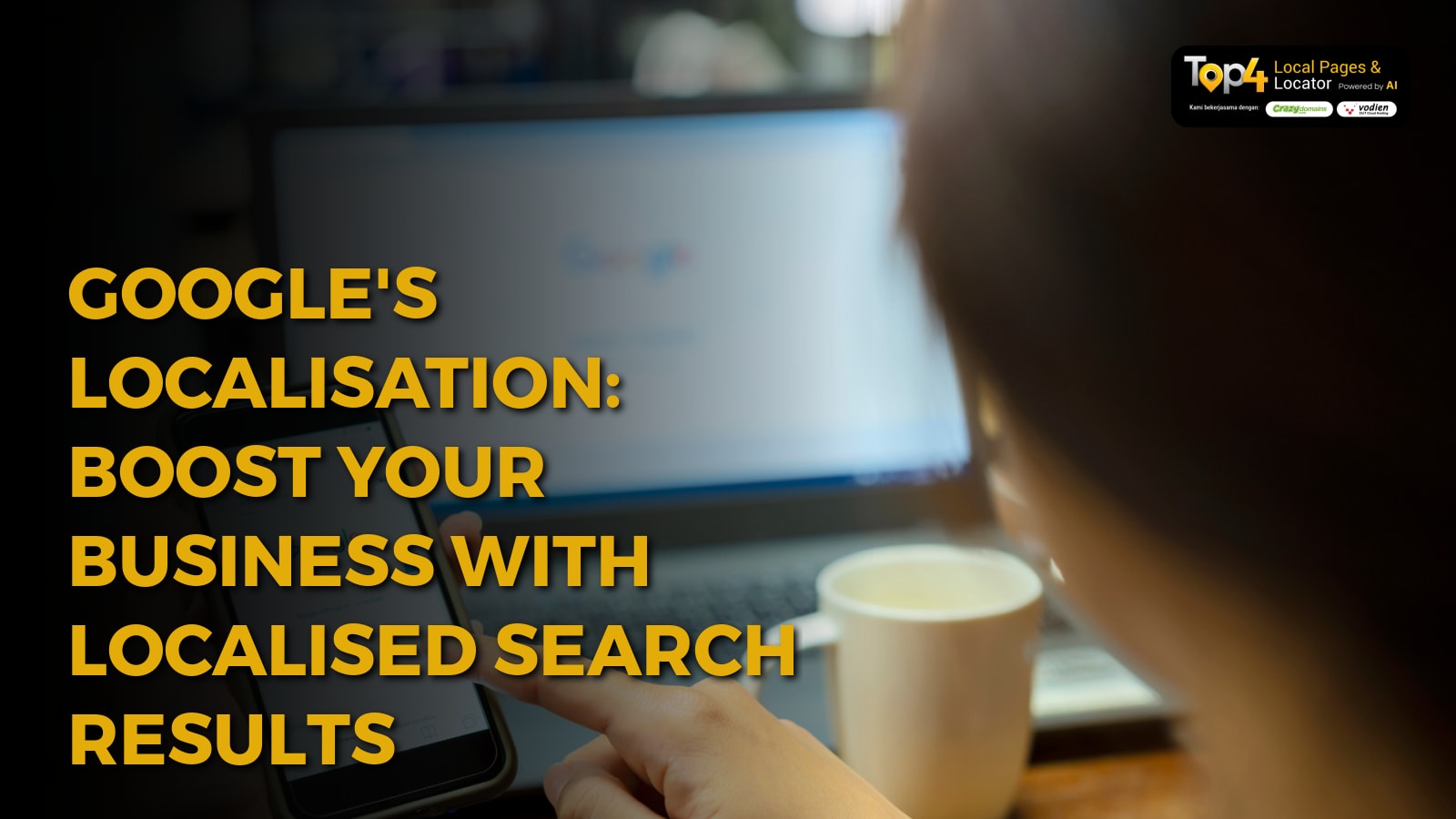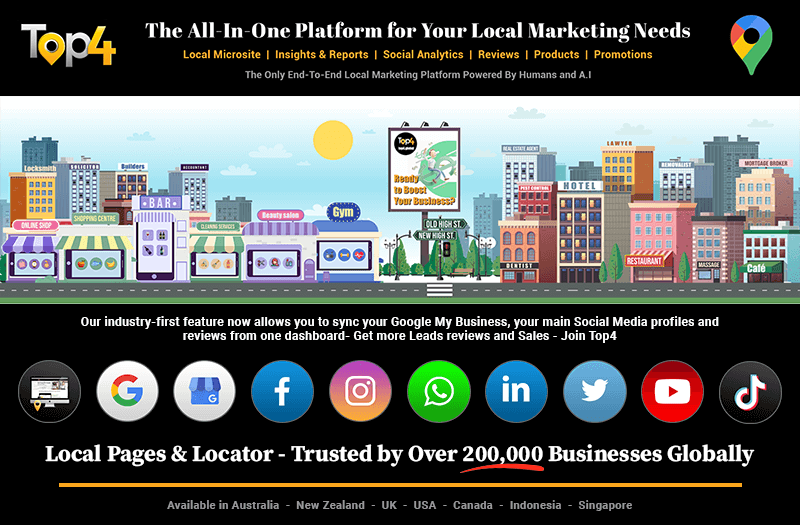
Have you ever wondered why you get different search results on Google based on your location? In today's digital landscape, where information is at our fingertips, the nuances of how Google adapts its services to suit local preferences and parameters can significantly affect a business's online presence. When you search for a "coffee shop" or "shoe store," you don’t want results from halfway across the globe; what you’re interested in are the businesses nearest to you. This demand for localised information is a cornerstone of modern search engine functionality, with Google leading the charge in providing tailored results based on location. But you might ask, "Does Google automatically localize search results?" The answer lies in comprehending how Google's algorithms work to fit local business contexts into global search parameters.
Understanding Google's Localization Algorithms
Google's search algorithms are designed to process massive amounts of data to provide users with results most relevant to their search queries. This localised approach stems from Google's ever-evolving algorithms, notably the Pigeon update, which fine-tuned local search results by aligning them more closely with traditional web ranking signals. By automatically detecting a user's geographic location, Google adjusts search results to display information pertinent to that location.
For local businesses and franchises, understanding how these algorithms work is crucial for increasing their online visibility. Google considers factors such as the user's IP address, the content of the webpage, and even the language preference you've set, ensuring users receive search results that are tailored to their immediate environment. A well-optimized Google My Business profile and locally relevant content can significantly influence how a business appears in these localized results.
How Google Differentiates Between Local and Global Search Intent
Identifying whether a search query requires local results is an intricate process. Google uses several indicators to determine if a user’s query has local intent. Phrases like "near me," implicit intent shown through personalisation attempts in past searches, or including regional expressions, all signal Google's algorithms to prioritise local businesses.
You might search for "restaurant" from Sydney, and despite not specifying the location, Google intuits that you're likely seeking dining options in your vicinity. To refine its localization processing, Google collates data from maps, reviews, citations, and social media platforms, creating a cohesive picture of what users generally seek within particular locales.
The Role of Local SEO in Business Visibility
Optimising for local search is indispensable for businesses aiming to capture local traffic. Local SEO involves tailoring your business’s online presence to cater specifically to local search queries. Elements like a consistent name, address, and phone number (NAP) listings, localised keywords, engaging blog content, and backlinks from local sources drive better search engine performance.
Your Google My Business profile acts as an essential tool in anchoring your business to the local search landscape. Keep it updated with accurate information, photos, and customer reviews to enhance your credibility and visibility. Engaging with content from your location, such as blogs or local guides, also increases your relevance in Google’s eyes. Articles like those found on Top4 Insights offer deeper insights into such strategies.
Personalisation vs. Localization: Key Differences
While localisation tailors search results based on geographic data, personalisation pays attention to individual user preferences and habits. The two work hand in hand to provide Google users with both relevant and satisfying search experiences. Whereas localisation shows users relevant businesses nearby, personalisation might prioritise results based on past interactions or searches.
Businesses can enhance these elements by looking at user behaviour analytics to see how their website visitors behave. Understanding these dynamics allows businesses to strategise how they appear both in local and personalised search contexts. Our Top4 articles can guide businesses on leveraging these personalisation techniques effectively.
Conclusion
In today's digital age, Google's ability to automatically localise search results serves as a powerful tool for businesses. For local businesses and franchises, maximising online presence through targeted local SEO techniques could mean the difference between thriving and merely surviving in competitive markets. When you understand how Google's algorithms tweak to show local results, you gain a leg up over competitors who might not yet realise the full potential of localisation.
Taking control of your business’s online visibility by investing in local SEO will keep your brand in front of prospective customers right within your neighbourhood. At Top4, we provide cutting-edge solutions tailored to enhancing your local presence, ensuring your business doesn’t just appear, but stands out in Google's local searches.
To find out how we can help you with your Website + Marketing, using our unique location marketing platform called Top4 (Top4.online), get in touch today at www.top4marketing.com

AI-powered local pages for local marketing
Looking to build customer loyalty through social media? Don’t forget to add your business to Top4.online
Add your business, create your own digital store to sell goods and services, and share posts on social media. Promote your business on Google instantly! Should you need help with local digital marketing then view our new Google Marketing Platform and services Top4 Marketing
Get Found On Google, Promote Your Website, Get More Leads!
Our Digital Marketing Agency Services Across All Industries Include Search Engine Optimisation (SEO), Google Marketing, Website Design, Corporate Web Development, and local location-based marketing using our own Google Marketing Platform!




